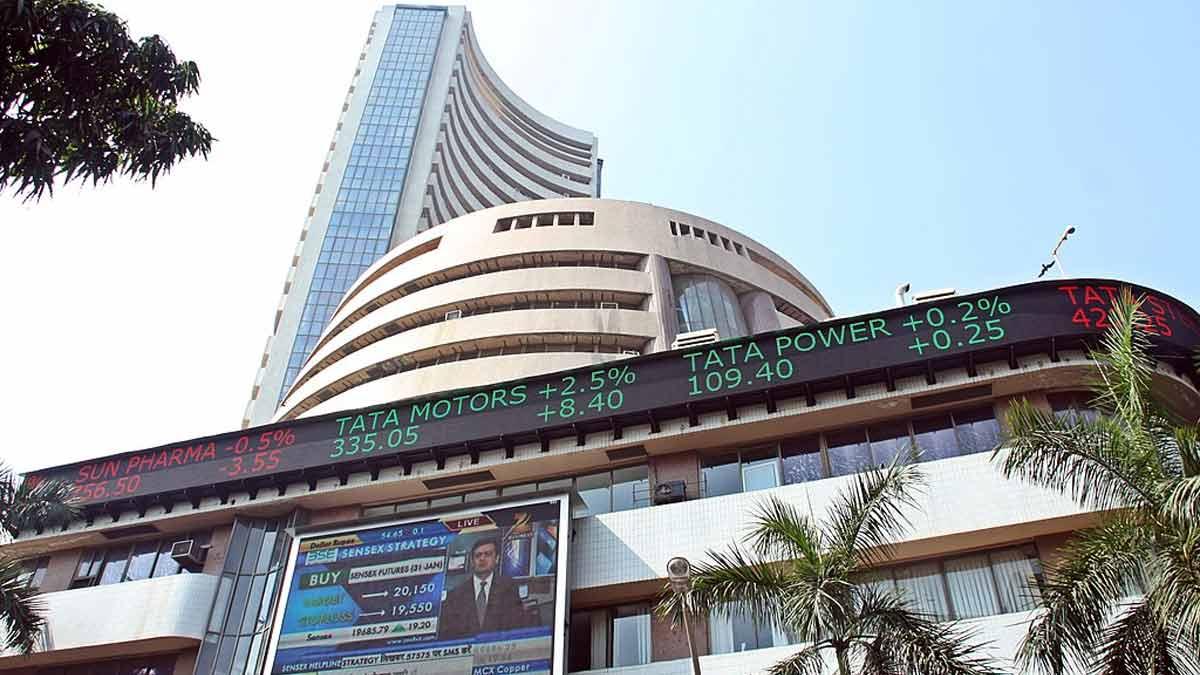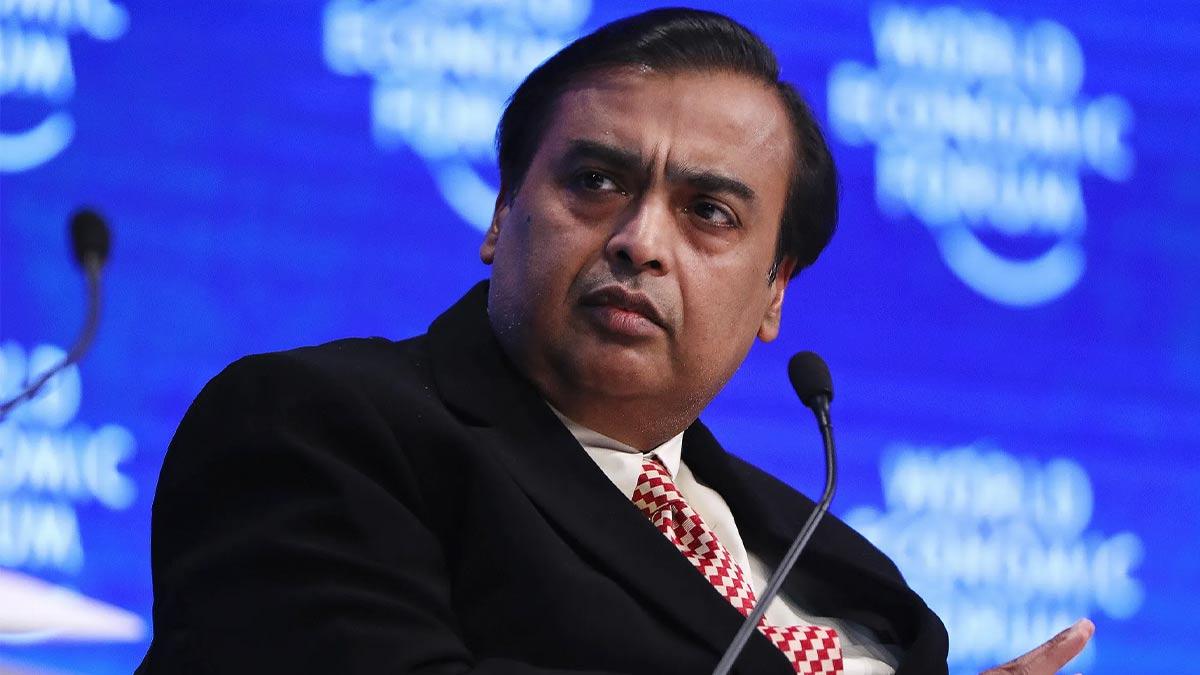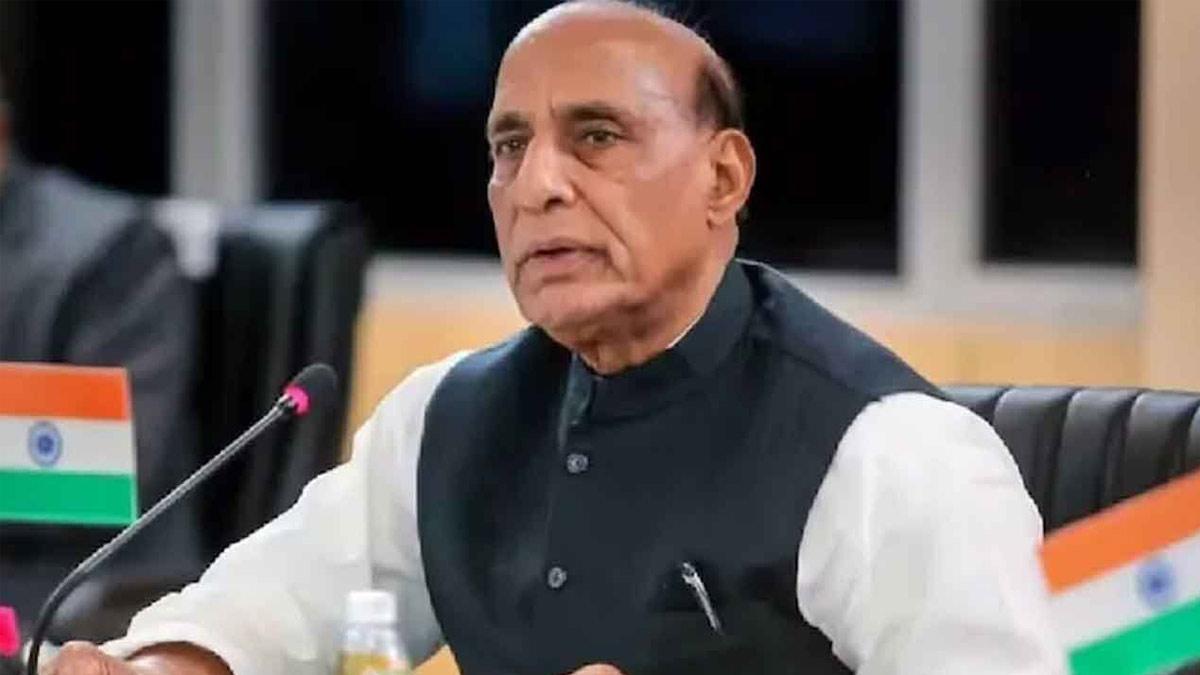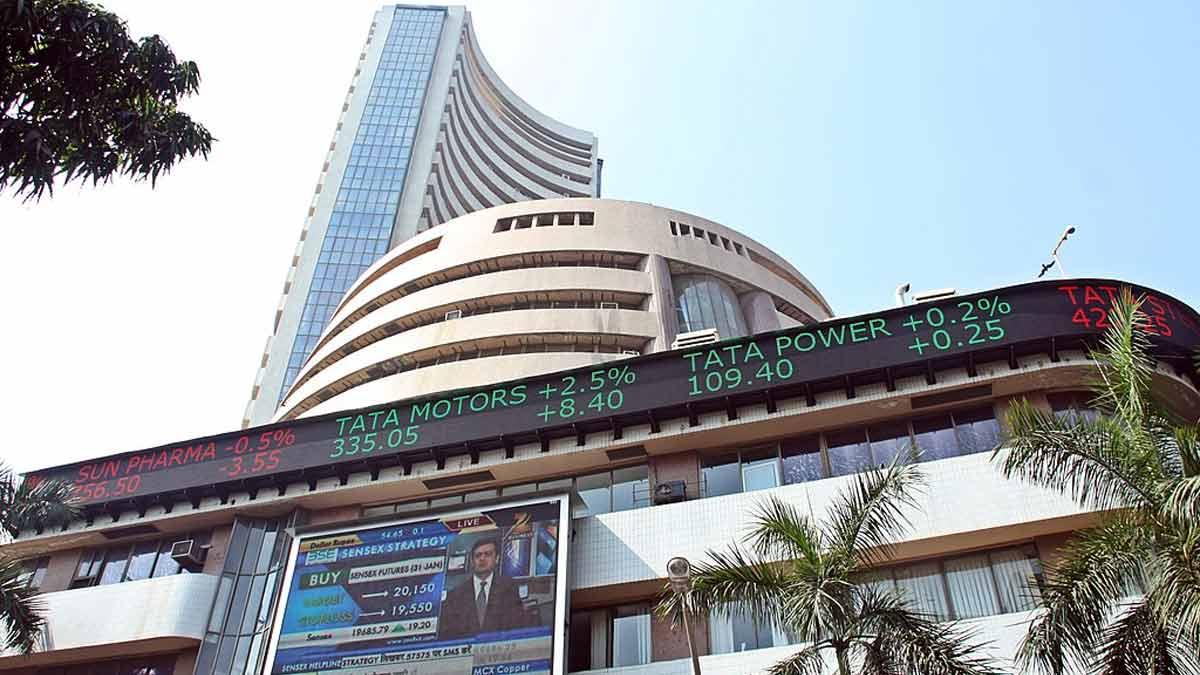Global brokerage firm Jefferies has continued to be positive on India, tagging it as 'overweight' in its current market forecast. Jefferies hopes that India will outperform other emerging markets (EMs), particularly against the backdrop of rising global economic uncertainty.
"India is likely to be a relative outperformer," Jefferies said in its report, while also recognizing the challenge involved in predicting precise index movements.
One major reason for this hopefulness, the brokerage added, is the relatively low degree of dependence of India on trade with China and the US. While the US is India's leading export market, exports to it account for just 2.3% of India's GDP. This low exposure to trade, combined with small surpluses, acts to insulate the Indian economy against hawkish turns in US trade policy.
While the United States has imposed a 26% duty on Indian goods, the tax is significantly lower compared to other economies in Asia, such as China, Taiwan, and Indonesia. "Actually, the Indian government has sounded relatively confident about achieving more favorable terms under bilateral trade negotiations with the US," Jefferies reported further.
India will also gain from the steep fall in the prices of crude oil worldwide. Brent crude has fallen close to 20% so far this year, currently trading around $60 a barrel. Being a large net importer of oil, India is getting huge relief on its import bill.
Jefferies feels this decline in oil prices is a boon for India's current account balance, negates any loss of its trade surplus with the US, and also presents an opportunity for the government to increase its revenues through levies on fuel. The brokerage is particularly bullish on the banking, energy, telecom, automotive, and real estate sectors.
Investor sentiments for Indian equities also recorded a strong appreciation in March 2025. Foreign institutional investors (FIIs) as well as domestic institutional investors (DIIs) stood as net purchasers, showing optimistic confidence in the market.
FIIs gushed in $975 million during the month, while DIIs made even bigger investments, netting $4.3 billion worth of Indian stocks. The change in FII behavior was especially significant — after having been net sellers till mid-March, they sharply reversed their stance, injecting $3.6 billion in the second half alone.
In a parallel development, US President Donald Trump has threatened that trading partners who cannot agree to a deal with the US by the July 9 deadline, the end of a 90-day break, would have reciprocal tariffs on all products entering America.
This remark seemed to reassure investor sentiment in India, which helped lift domestic equities during Friday morning trade.
Read also| India Bucks Global Trend with Double-Digit Growth in Office Rentals: Report
Read also| FIIs and DIIs Infuse Over $5 Billion into Indian Equities in March, Turning Net Buyers


















